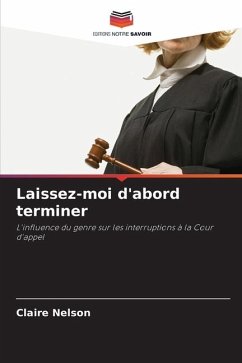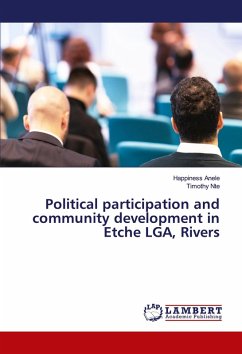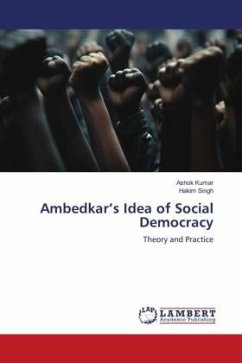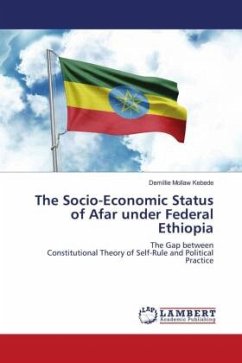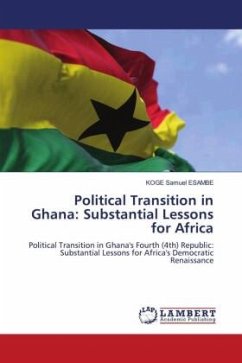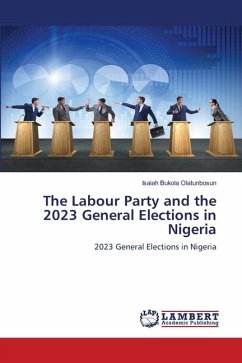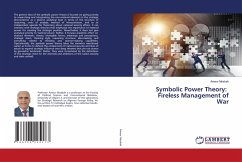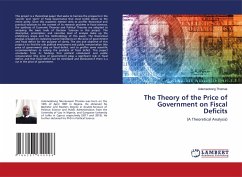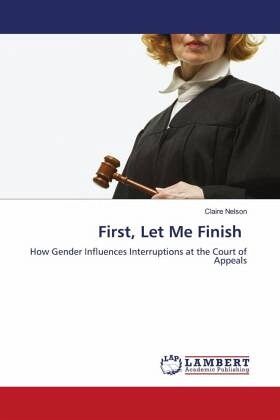
First, Let Me Finish
How Gender Influences Interruptions at the Court of Appeals
Versandkostenfrei!
Versandfertig in 6-10 Tagen
29,99 €
inkl. MwSt.

PAYBACK Punkte
15 °P sammeln!
Interruptions and asking questions play a vital role in social communication and can exhibit status and power differences in regular conversation. Studies in gender communication describe the way men and women utilize their own linguistic register through the development of social subcultures. The different ways men and women report and communicate can increase interruption opportunities for those who speak less aggressively and less directly. Previous research at the United States Supreme Court shows that female judges were more likely to be interrupted than men. As a result, judges have alte...
Interruptions and asking questions play a vital role in social communication and can exhibit status and power differences in regular conversation. Studies in gender communication describe the way men and women utilize their own linguistic register through the development of social subcultures. The different ways men and women report and communicate can increase interruption opportunities for those who speak less aggressively and less directly. Previous research at the United States Supreme Court shows that female judges were more likely to be interrupted than men. As a result, judges have altered their questioning and speaking styles to combat interruption. This thesis examines the variables of gender and types of interruption at the U.S. courts of appeals at three different appellate courts.This thesis observes gendered communication and whether communication patterns found at the Supreme Court were similar at the courts of appeals. Creating a snapshot of the courts of appeals and how the diversification of advocates presenting before the judges has changed in the last decade.



